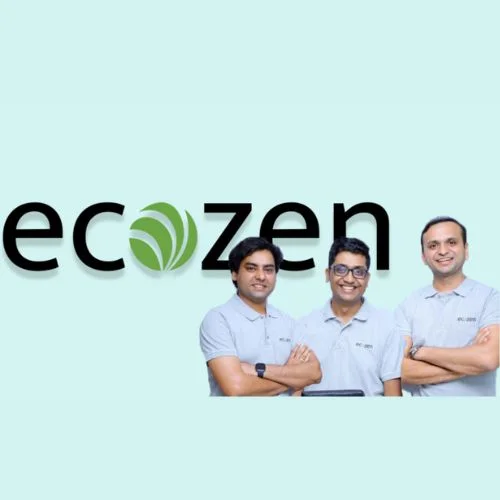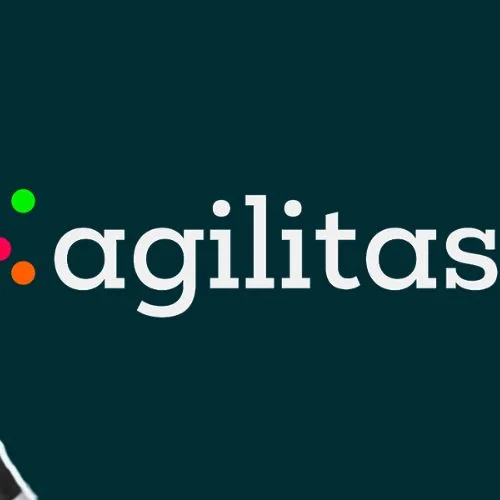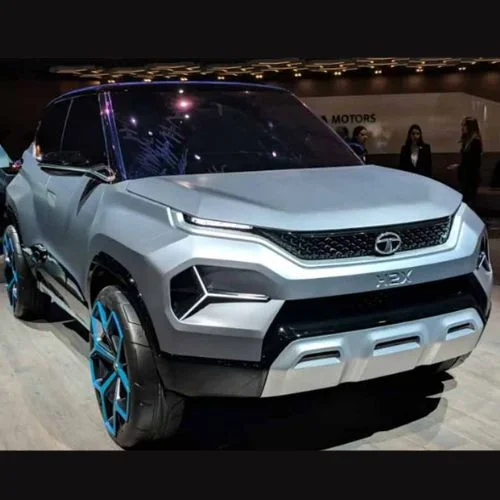According to media claims quoting state government officials, lithium lithium resources were identified in Rajasthan’s Degana, after Jammu & Kashmir. Lithium deposits are reported to be greater than those recently discovered in Jammu and Kashmir.
Due to its chemical and physical properties, lithium is an important component of modern batteries, especially electric vehicles (EVs) and electrical appliances. Lithium, the lightest metal on the periodic table, has a high energy density, meaning it can store more energy in a smaller, lighter space than other materials that use batteries.
These lightweight features help improve battery performance, which is important in devices such as smartphones, laptops, and electric vehicles, as weight directly affects performance, functionality, and usability.
In addition, lithium-based batteries have a low personal charge, which allows them to hold their charge for a long time when not in use, extending the entire life of the battery. Additionally, lithium-ion batteries have high cell counts, which reduces the number and complexity of batteries, allowing them to deliver more energy in a cell.
In addition, lithium-ion batteries are rechargeable, allowing multiple charge times and discharges without losing capacity, increasing environmental safety and reducing long-term costs. In the context of renewable energy, lithium-ion batteries play an important role in energy solutions, helping to solve problems related to solar and wind energy.
In summary, Lithium is important for batteries because of its high energy density, lightweight, low self-discharge rate, battery power, and recycling. These properties make lithium batteries the first choice for a wide range of applications, from electric devices to electric vehicles and renewable energy, to driverless car innovation and sustainable development.
Officials have even claimed that the amount of lithium available here can fulfill around 80% of India’s requirements. In February of this year, lithium deposits were discovered for the first time in Jammu and Kashmir’s Reasi.
This was India’s first important mineral find since only a minor resource had previously been located in Karnataka. The finding is attributed to the mines ministry’s increasing emphasis on rare earths.
Because lithium is a critical component of batteries used in electric cars, the government is looking for rare metal sources both within and outside the nation.
Aside from GSI, a partnership of three Public-sector Undertaking businesses – National Aluminium Company, Hindustan Copper, and Mineral Exploration Corp – is aiming to offer a vehicle for R&D for recycling, acquisition, and joint production of Lithium-ion batteries.
Lithium reserves are concentrated in South America’s lithium triangle – Argentina, Bolivia, and Chile – with 50% of resources concentrated in these areas. Meanwhile, China has an advantage over other nations, controlling 75% of the lithium refining market.
India’s ambition to raise EV penetration by 30% by 2030 is significantly reliant on lithium; now, electric cars account for just more than 1% of total vehicle sales in the nation.
since its high power-to-weight ratio, lithium batteries are the sole option for electric cars since they can give a significant charge while keeping the vehicle’s curb weight low. It is more energy efficient and operates better over a wider temperature range. This makes it a more secure and dependable way than other materials.















